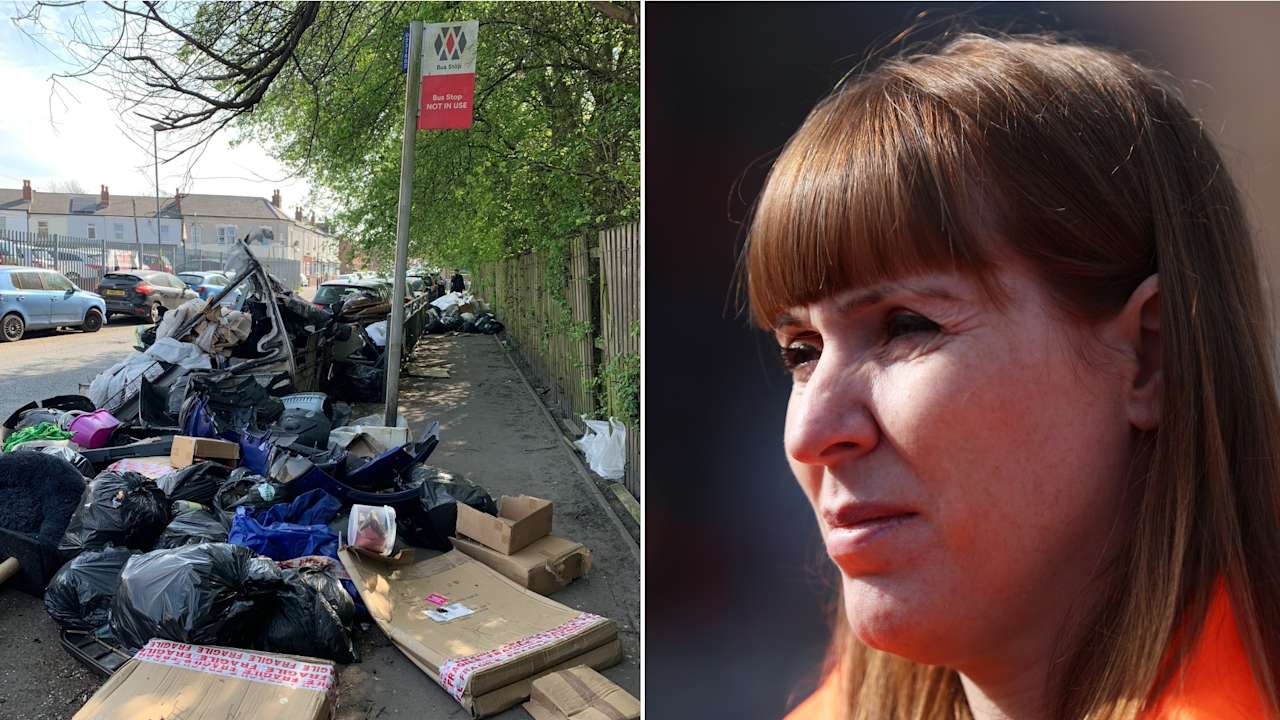Yesterday’s verdicts at the High Court in Edinburgh bring to an end a court process with Alex Salmond’s acquittal on all charges.
As a vindication and statement of innocence it is as comprehensive as it is possible to get.
Perhaps more than any other case of recent times, Her Majesty’s Advocate against Alexander Salmond speaks loudly to the widely held view of lawyers that you should never second guess what a jury might find.
Many of those same lawyers would privately venture the opinion that the sheer number of witnesses and charges lined up against Salmond did not ‘look good’.
Some even spoke of jurors taking an easy way out by acquitting on the serious charges and finding him guilty of other charges on the indictment.
Had the 13 jurors come to other conclusions, the former first minister could have been staring at jail sentence with his reputation in tatters.
Today, a burden greater than anything he experienced in office has been lifted from his shoulders.
His words on the steps of the High Court were conditioned by two factors. First, the country is facing the biggest public health challenge anyone can remember and, second, he knows that this is not the end of the process to restore his reputation but the beginning.
His defence counsel Gordon Jackson QC, in his closing speech to the jury, was blunt in saying that “something stinks” about the case. The stink according to Jackson was that behaviour, not complained about at the time, suddenly and years later formed the basis of the Crown’s case against his client.
Those close to Salmond have been outraged at what they see as a conspiracy against the former SNP Leader for essentially political reasons. Some are now calling for the SNP to probe the matter.
Evidence, not placed before the jury, of the so-called conspiracy could well now be raked over both by a party inquiry ( if one goes ahead) and one to be undertaken by a Holyrood committee.
The questions going forward might not be for Salmond but for some of his accusers.
On the ‘conspiracy’ line I am not sure why some in the same party would get together to do down the most successful leader in the party’s history. Then again I have been around politics long enough to know that not everything that happens makes sense or is logical.
Anyone who knows Alex Salmond knows that he will fight for his reputation. He will lie low for now whilst unprecedented times run their course. But he will not stay silent forever and the consequences of his future interventions could have profound consequences for the civil service and for some in his former party.
Relief is a hopelessly inadequate word for what he will be feeling. And what of his accusers? Nicola Sturgeon said today that there has to be space for women to make complaints of what they see as wrong doing. Those complaints were made to the police and formed the basis of a criminal trial.
The ‘system’ can do no more than give an airing to grievances when the Crown have evidence that a crime has been committed and that it is in the public interest to bring a prosecution.
Trials do not establish innocence and guilt to a mathematical certainty. Rather jurors assess evidence and form views on witnesses and ask themselves if a charge has been proved beyond reasonable doubt. It is no more and no less than that.
Thirteen jurors decided that all of the charges against Alex Salmond were not proved beyond reasonable doubt. As a result he is acquitted of those charges.
He entered the court as an innocent citizen and left the court an innocent citizen. That means he is free to start the campaign to rehabilitate his reputation. That is likely to come at a cost to others who may lose theirs in the process.






















